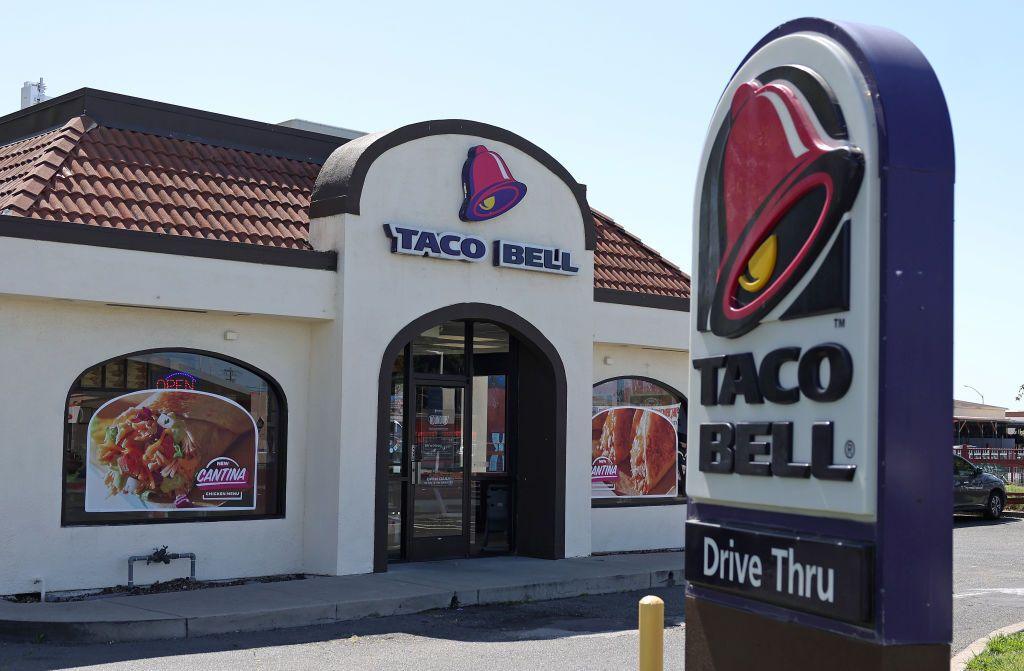The Depin revolution is coming to a fast food franchise near you. The movement that started with helium and spread to many categories, including mapping and car data, this year is now spreading to hospitality. The initiative shows how quickly depines – or decentralized networks of physical infrastructure – are becoming ordinary.
The fast food and hospitality industry, often associated with consistency and efficiency, is quietly trending as decentralized technologies make their way into the mainstream. The adoption of Depin by major franchises like Taco Bell and KFC signals a shift in how these companies operate and engage with technology.
At the heart of this transformation is the integration of PIN devices – sensors, routers and other physical infrastructure – powered by blockchain and token-based incentives. These networks allow businesses to contribute to shared ecosystems while gaining real-time operational insights and being rewarded for their participation. It is a forward-thinking approach that combines cutting-edge technology with the practical needs of fast food and hospitality businesses, paving the way for greater efficiency, sustainability and customer satisfaction.
With DePin, the industry is embracing a strategic evolution – one that reflects the growing potential of decentralized technologies to improve traditional models while creating new growth opportunities.
For franchisees, the potential benefits of DePin are significant. By integrating Depin devices into their operations, they can unlock a multitude of opportunities:
- Improved operational efficiency: Depin devices, such as ambient network air quality sensors, can provide real-time data on environmental conditions. This information can be used to optimize HVAC systems, improve indoor air quality and reduce energy consumption.
- Increased customer satisfaction: By leveraging Depin’s solutions, franchises can provide a more personalized and convenient customer experience. For example, indoor cell site deployments of Helium Mobile or XNET can provide reliable connectivity, while blockchain-based supply chain management can ensure product quality and freshness.
A Case Study: The Power of Collaboration
A great example of DePin’s impact on the franchise industry is the partnership between major fast food chains and the Ambient Network, the largest decentralized air quality network on Solana. By deploying air quality sensors in hundreds of stores from coast to coast, these franchises are not only improving air quality for their customers, but also contributing to a cleaner environment. Additionally, they generate valuable data insights that can be used to optimize operations and reduce costs.
“With the growing maturity of tokens and decentralized technologies, we are seeing a shift in how we can use these assets in our stores and properties,” says Pushpak Patel, founding director of CMG Companies, one of the largest operators from KFC, Taco Bell, Sonic, Little Caesars, Rent-A-Center and Ace Hardware Franchises in the United States.
“By installing 1,000 Depin devices from Ambient Network, we are improving our ability to gather operational information across our locations. Installing air quality sensors not only provides real-time conditions, both outdoors and indoors – it also allows us to participate in demand response programs. And with the strategic density of our locations, we can help unlock greater coverage for the network, which in turn generates additional insights. This is a game changer.
Franchisees can partner with third parties to deploy and manage infrastructure, or they can manage devices internally to improve operational efficiencies with devices and potentially generate excellent ROI. With helium, these deployer participants see a return on investment of a few dollars to tens of dollars per day depending on factors such as location, miner density and network demand.
Investors in Madi, one of the largest deployers of helium and ambient devices in North America, have also been bullish on spinoff opportunities for franchise locations. We clearly see greater adoption by retailers and hospitality providers to adopt and deploy decentralized solutions such as helium and ambiance. Ambient is now deployed in high-density commercial shopping and dining centers like the Japanese Village Plaza in the small Tokyo district of Los Angeles, hotels like the Best Western in Las Vegas, and fast food chains like Taco Bell, KFC and five guys. Revolutions start on the streets with franchisees pushing the envelope for broader corporate adoption.
The road ahead
As Depin technology continues to mature, we can expect to see even more innovative applications in the franchise industry. From decentralized energy networks like Powerledger and Glow’s community-powered solar to Hang’s blockchain-based loyalty programs, the possibilities are endless.
For fast food retailers and franchisees, the deployment of Depin Devices is not just a technology trend – it is an investment in a more efficient, profitable and sustainable future. From generating passive income to collecting valuable data and optimizing operations, the benefits are clear. As technology continues to evolve, franchisees and other small businesses will find even more ways to leverage Depin devices to improve both the customer experience and their bottom line.
Decentralized solutions build an ecosystem that benefits everyone, driving participation through incentives. And Depin devices are a key part of this vision. By adopting these new technologies, franchisees are setting themselves up for long-term success, ensuring they remain competitive in an ever-changing marketplace.




